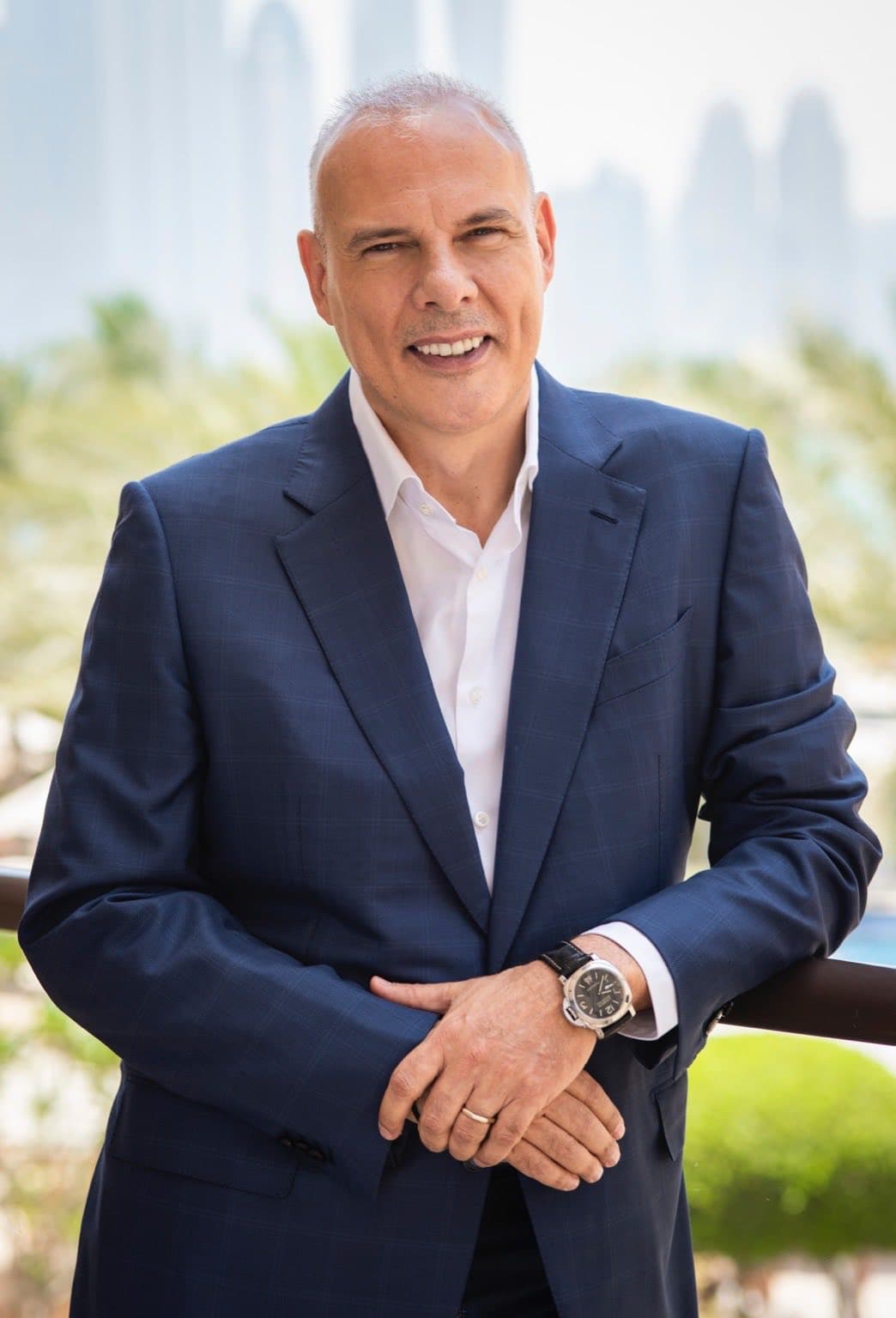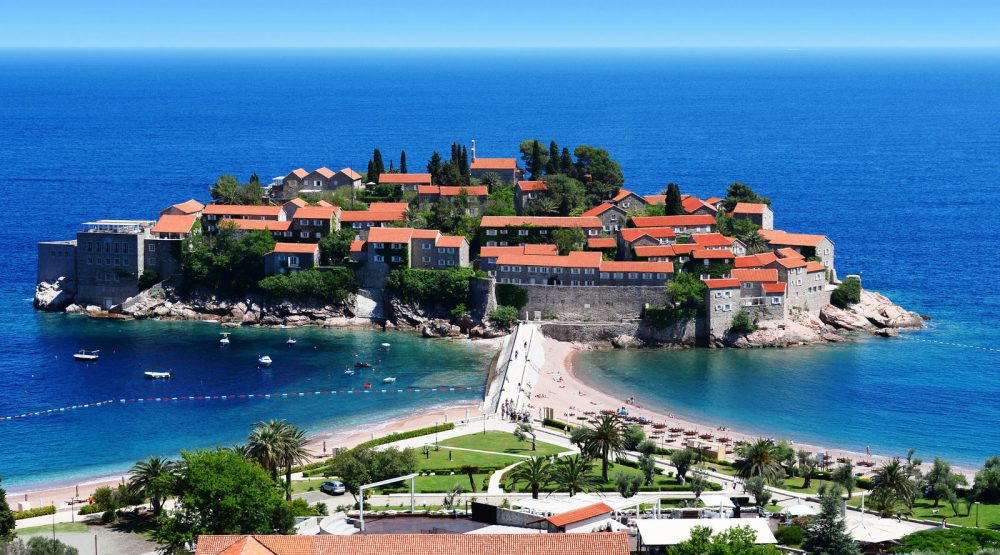
Tourism sector, due to travel restrcitions, was the first to be hit by the coronavirus pandemic. It is already evident that there’s not much to expect from this season.
Recently, Telegram has analyzed operations of the greatest tourist companies in the Adriatic region and concluded that they have enough strength to survive this season despite losses. However, this crisis might as well be a chance for everybody in tourism industry to take a break and revise their business after decades of constant work.
Telegram talked about the future of tourism in coronavirus circumstances with Mr Petros Stathis, Greek-Montenegrin businessman, owner of Adriatic Properties which manages Aman Sveti Stefan resort and Aman Venice.
Redefining offer in tourism
Mr Stathis believes that change in tourism sector is already happening and that tourism will suffer major losses in the short term.
“When global economy recovers from the crisis, recovery of tourism sector will take some time. What is important right now is to use tourism sector as much as possible. It is now time for the analysis of the quality and types of services, adaptation to the new, stricter hygiene and safety standards which will be in force for a longer period and for the development of the recovery plan. It is time to redefine offer in tourism”, Mr Stathis says.

This crisis is also time for investing in high-quality personnel, education, development of new products and services, time for analysis and optimization of business processes.
“And maybe the most important thing – invest in communication with guests – with those who are already familiar with your offer and with those who are dreaming of travelling and visiting new destinations again”, Mr Stathis says.
Coronavirus situation in Montenegro
As restaurants reopened in Croatia, one could see what adaptation to the pandemic in practice looks like. Disinfection measures are enhanced, tables are apart and capacities for the reception of guests are significantly reduced.
“Our company developed very quickly a detailed strategy for re-organization of activities, in accordance with the new situation. The most important task was to protect our guests and our staff”, Mr Stathis says.
They organized presentation of security measures for COVID-19, provided all the necessary equipment, started implementation of protective measures in line with WHO regulations and when the Government adopted emergency measures they already had enough masks, gloves and disinfectants.
The question arises: How compatible are epidemic measures with the notion of luxury vacation? Some people in Croatia have been saying that their hotels and restaurants look like hospitals. However, Mr Stathis says that it is much easier to adhere to epidemic measures in a luxurious segment, as those facilities have much space.
Attack on the GDP of tourist countries
“Luxurious accommodation, as standard, offers more space per guest, making social distancing easier and maintenance of hygiene standards much simpler. Also, tourists who are into luxury vacation are likely to come to the destination with private transport. For that reason, we can expect luxury tourism to adapt faster to the “new reality””, Mr Stathis says.
Many Mediterranean countries rely on tourism and have great share of tourism in the GDP. The decline in tourism figures will strongly affect their economies.
“For Montenegro, 2019 was the most successful year in the history of tourism and hospitality. Over 2,6 million tourists visited the country. Tourism as industry accounts for 24% of the total GDP in Montenegro, but the impact is much higher than that. The situation in this phase is pretty unfavorable and is getting even worse. Major tourist agencies and tour operators are cancelling arrangements with local hotel owners and agencies, while individual guests are cancelling their reservations, leaving the entire sector without revenues”, Mr Stathis says and adds they decided to keep the employees even though his company will feel the decline too.

There’s possibility that travelling habits will change due to restrictions on travels and anti-epidemic measures.
“Nobody knows what the future brings. We’ll see if these changes will have an impact on people’s habits. We have come to understand that our old habits slow us down and that what we thought will never change no longer exists. The loss of being carefree is without doubt the new way of existing”, Mr Stathis says.
Something very similar happened after the attack on 11 September 2011.
“Touching things, hanging out with people, breathing air indoors might become serious problem in the future. Perception of comfort in the presence of other people might be reconsidered and substantially changed. Many people will start asking themselves if there’s good reason to go somewhere or I might do that via Internet”, Mr Stathis points out.
Opportunity for creating sustainable tourism
This crisis, according to Mr Stathis, sends many messages to the region.
“One of the most important messages is the enormous value of education and investment in professionals. Talents and great minds exist in every segment of our society and they make great achievements. We have learned to adapt and change. People are thinking about how they can make their companies more efficient and more flexible. We have found out that technology can help us more than we know. We have relied on Internet media to offer us crucial information during the crisis and we have seen that e-government is possible”, Mr Stathis says.
Until just this year, many cities struggled with overwhelming number of tourists and now they are faced with the some sort of new beginning, with new rules.
“This situation might be a great chance for destinations like Dubrovnik, Split or Venice. This is the chance to create new strategies in cooperation with authorities. New rules will make tourists’ experience more enjoyable as they will eliminate jams, preserve cultural and biological quality of destinations and improve quality of living – to cut the long story short, new rules will bring the destination back on the rails of sustainable tourism”, Mr Stahis says.
Reconsidering business and operational models
Although protection of health is absolute priority now, Mr Stathis warns that it is also very important that investors and entrepreneurs learn something from the challenges and use the crisis as a chance to reconsider their business and operational models.
“Small and medium enterprises will need to analyze their costs structure and identify the areas where they can save. It is important for them to reconsider their portfolio of products and strategy of prices in the transition period so that they can be ready to enhance demand and ensure cash flow”, Mr Stathis says.



